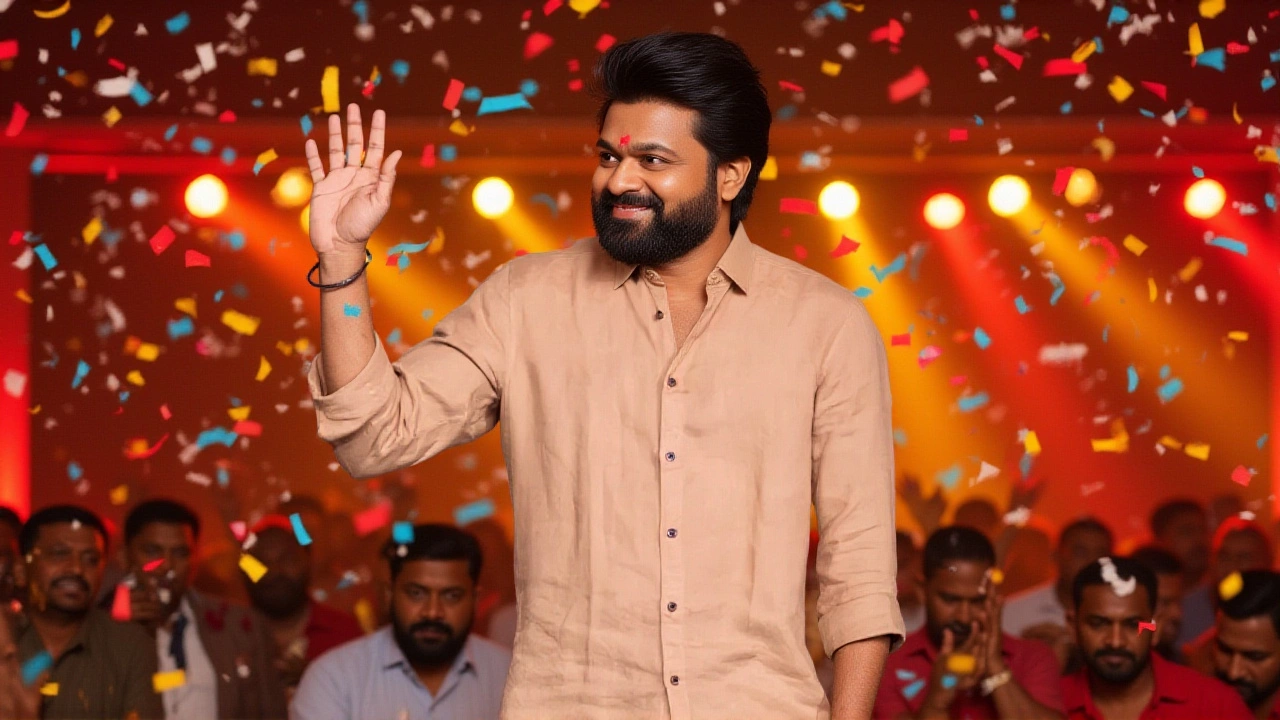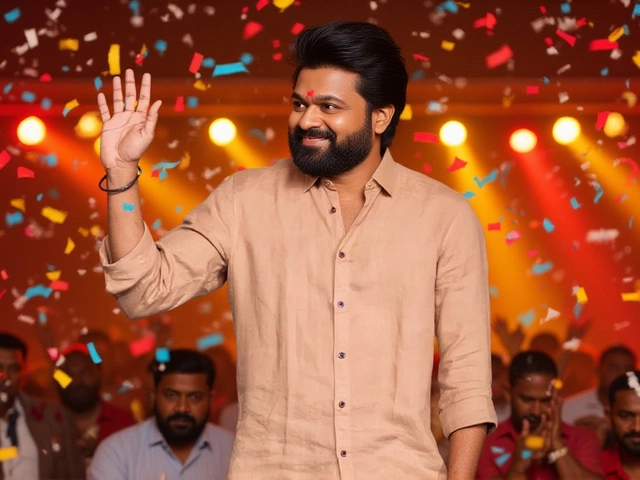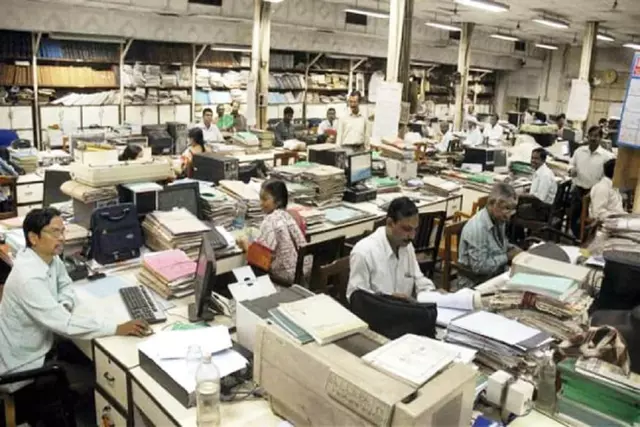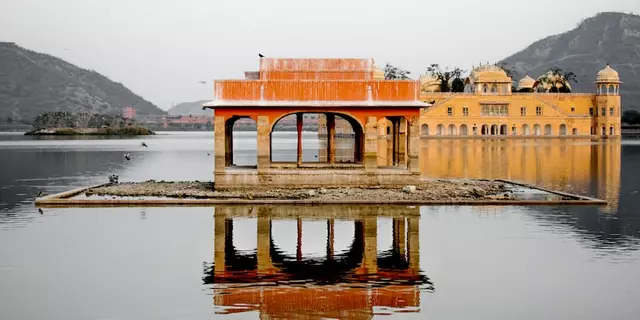When Vijay stepped onto the stage at a private educational institute in Sunguvachattiram, Kanchipuram on November 23, 2025, the air didn’t just hum with anticipation—it crackled with unresolved grief. Just 57 days earlier, a deadly stampede during his rally in Karur had claimed 41 lives. Now, he was back. Not with apologies, but with a battle cry. His party, Tamilaga Vettri Kazhagam (TVK), was officially re-entering the political arena—and it wasn’t coming empty-handed.
From Grief to Grievance
The Karur tragedy had silenced Vijay. For weeks, he met families of the dead, attended memorials, and canceled all public appearances. Many assumed his political ambitions had died with the crowd. But the silence wasn’t surrender. It was preparation. And when he returned, he didn’t come with flowers. He came with fire. At the indoor rally, dressed in his trademark white kurta and surrounded by hundreds of TVK volunteers wearing bright yellow T-shirts and caps, Vijay didn’t mince words. He accused the ruling Dravida Munnetra Kazhagam (DMK) of looting Tamil Nadu’s resources under the guise of welfare. "They talk of education reform," he said, "but they’ve never once moved to shift education from the Concurrent List to the State List. TVK did. That’s not rhetoric. That’s policy." His tone shifted when he spoke about caste. "They play caste politics like a game," he said, "but we demand a caste census—not for division, but for justice. The DMK fears data because it exposes their lies." He didn’t name DMK officials directly, but his references were unmistakable. He alluded to illegal sand mining in the Cauvery delta, a long-standing scandal tied to DMK-linked contractors. "They dig up rivers and call it development," he said. "We dig up truth."Security, Strategy, and Symbolism
The event’s logistics were anything but casual. Over 200 volunteers, many of them retired police officers trained in crowd control, managed entry and exit points. Private security firms, hired through TVK’s network, patrolled the perimeter. The choice of venue—a private school—was deliberate. No public ground meant tighter control, fewer risks, and no reliance on state police, whose loyalty to DMK remains questionable in many districts. The yellow uniforms? A branding masterstroke. It’s the same color as the party flag, but also echoes the visibility of protest movements worldwide—from the Yellow Vests in France to the Yellow Ribbon protests in Hong Kong. It’s not just clothing. It’s a signal: We are organized. We are visible. We are ready.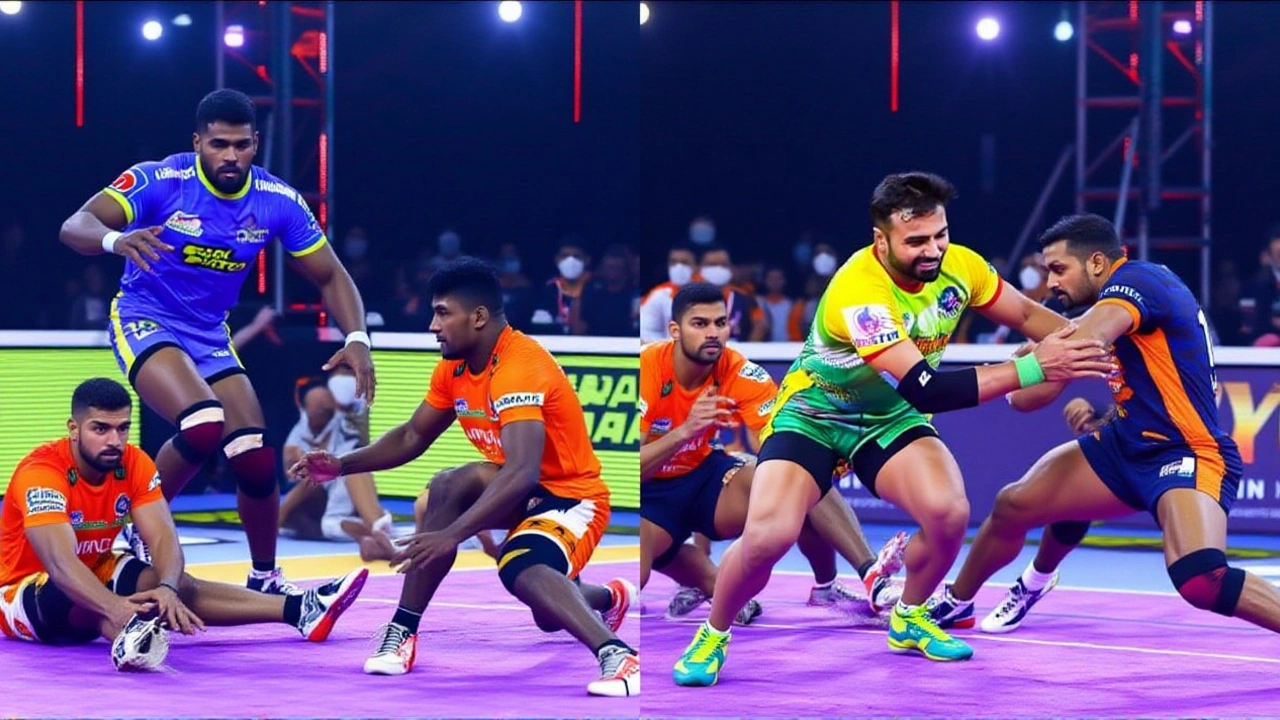
A Political Philosophy Built on Equality
Vijay’s message wasn’t just about attacking DMK. It was about defining TVK’s identity. "We don’t build on caste, religion, or personality," he insisted. "We build on equality. That’s the foundation of Dravidian thought—not the distortion DMK has turned it into." TVK’s push to move education to the State List isn’t a minor bureaucratic tweak. It’s a constitutional power play. Currently, education is on the Concurrent List, meaning both the Centre and states can legislate on it. By moving it to the State List, TVK aims to remove New Delhi’s influence over curriculum, exams like NEET, and funding—something Vijay argues has marginalized Tamil-medium students. "NEET isn’t just an exam," he said. "It’s a language barrier dressed in science. We’re not against merit. We’re against a system that demands English fluency to access medical education in Tamil Nadu." The party’s demand for a caste census, meanwhile, is a direct challenge to DMK’s claim of being the sole guardian of social justice. While DMK has avoided the census since 2011, citing "social unrest," TVK says the data is essential to target welfare properly. "If you don’t know who’s poor," Vijay asked the crowd, "how can you help them?"What’s Next? The Road to 2026
This rally wasn’t just a comeback—it was a launchpad. With the Tamil Nadu Legislative Assembly elections looming in 2026, Vijay is positioning TVK not as a spoiler, but as the true heir to the Dravidian legacy. His team has already scheduled the party’s second state convention in Parappadi, Madurai, signaling expansion beyond Chennai’s urban corridors. Analysts say TVK’s appeal lies in its fusion of celebrity influence with policy depth. Unlike other star-driven parties, TVK has released white papers on education, healthcare, and land reform. "Vijay isn’t just a movie star who entered politics," says Dr. R. Sivakumar, a political scientist at Madras University. "He’s a politician who used stardom to build a movement. That’s rare." The DMK, for its part, has remained silent. No official response. No counter-rallies. Some insiders say they’re waiting for Vijay to stumble. Others fear he’s already found his footing.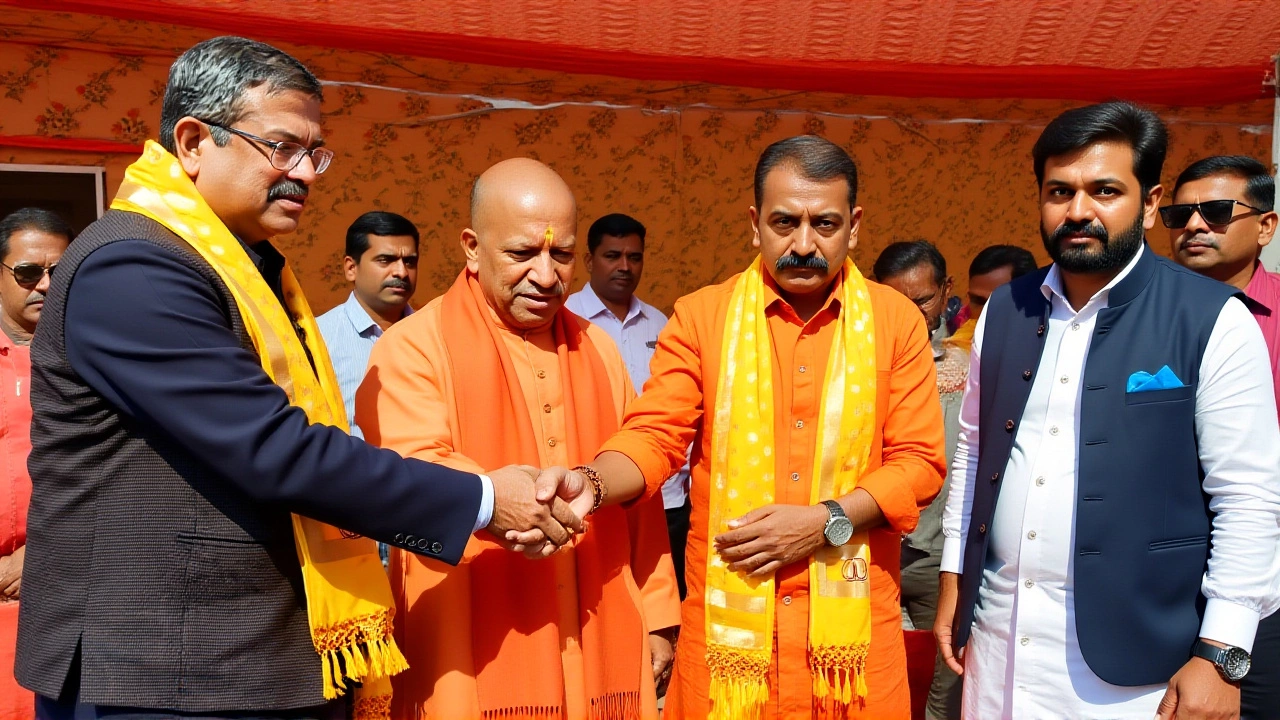
Legacy in the Making
Vijay’s journey—from box office hero to political contender—isn’t just about ambition. It’s about redemption. After Karur, he didn’t hide. He listened. He learned. And now, he’s fighting not just for votes, but for a vision of Tamil Nadu that doesn’t trade justice for power. The crowd didn’t just cheer. They wept. Not out of nostalgia, but hope. For the first time in years, someone was speaking truth to power without fear. And in a state where politics has long been a family business, that’s revolutionary.Frequently Asked Questions
Why is Vijay targeting DMK specifically in this campaign?
Vijay is targeting DMK because it’s the incumbent ruling party in Tamil Nadu and claims to uphold Dravidian ideals. TVK positions itself as the authentic successor to these values, accusing DMK of distorting them through caste-based politics and hollow promises. By contrasting TVK’s concrete policy demands—like shifting education to the State List—with DMK’s inaction, Vijay aims to win over disillusioned voters who once supported DMK.
How did the Karur stampede impact TVK’s political strategy?
The Karur tragedy forced TVK to pause its campaign and reassess its approach. Instead of rushing back with rallies, Vijay met families of victims, apologized publicly, and restructured event security using retired police and private agencies. This shift transformed TVK’s image from a celebrity-driven movement to one that takes responsibility seriously—gaining moral credibility ahead of the 2026 elections.
What’s the significance of moving education to the State List?
Currently, education is on India’s Concurrent List, allowing both state and central governments to legislate on it. This means policies like NEET, imposed by the Centre, override state preferences. By moving education to the State List, TVK seeks to eliminate central interference in curriculum, language of instruction, and entrance exams—giving Tamil Nadu full control to design an education system that respects its linguistic and cultural identity.
Why is TVK demanding a caste census?
TVK argues that without accurate caste data, welfare schemes can’t be targeted effectively. While DMK has avoided a census since 2011, citing fears of social division, TVK says this silence hides inequality. A census, they claim, would reveal which communities remain marginalized despite decades of affirmative action—enabling fairer resource allocation and challenging DMK’s monopoly over social justice narratives.
Is Vijay’s party growing beyond his celebrity status?
Yes. Unlike other star parties that collapse after the leader’s decline, TVK has developed policy platforms, recruited policy experts, and held state-level conventions. Its volunteer network includes retired bureaucrats and educators, not just fans. The use of yellow uniforms and trained security teams shows institutional growth. Voters are now responding to ideas, not just fame.
How is DMK responding to TVK’s resurgence?
DMK has remained publicly silent, avoiding direct confrontation. Behind the scenes, party insiders are reportedly alarmed by TVK’s ability to mobilize rural voters and frame the debate around education and caste. Some DMK leaders have privately warned that if TVK gains traction, it could split the anti-BJP vote, potentially handing power to the BJP in 2026—a scenario DMK has spent years trying to prevent.
